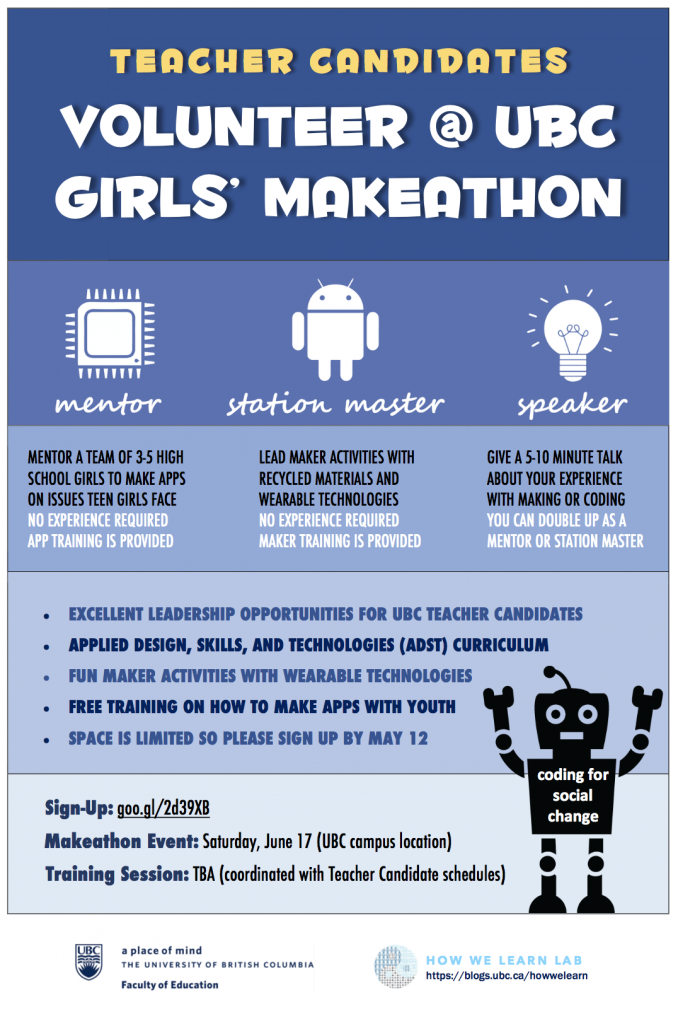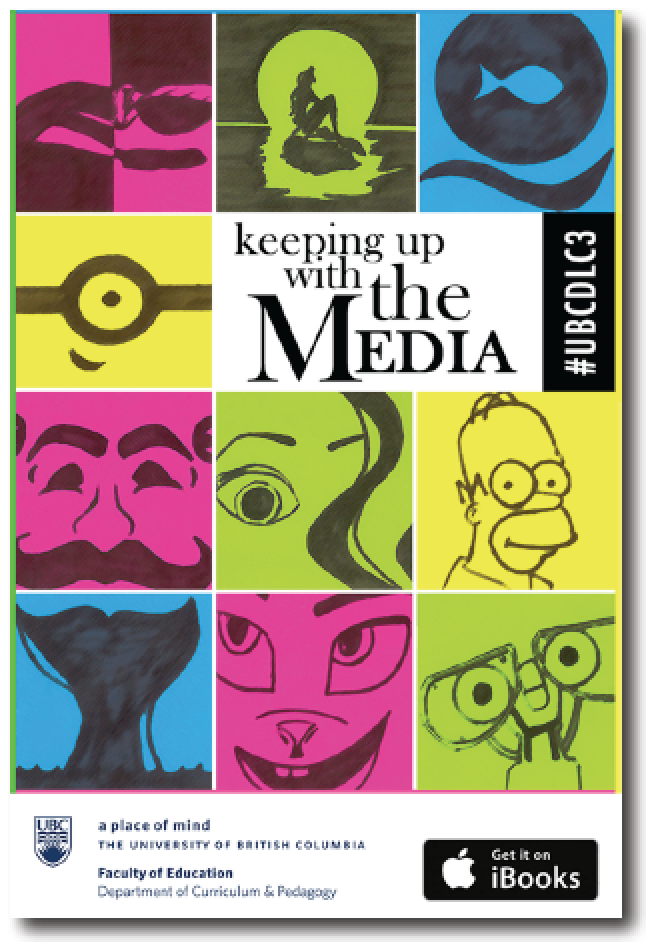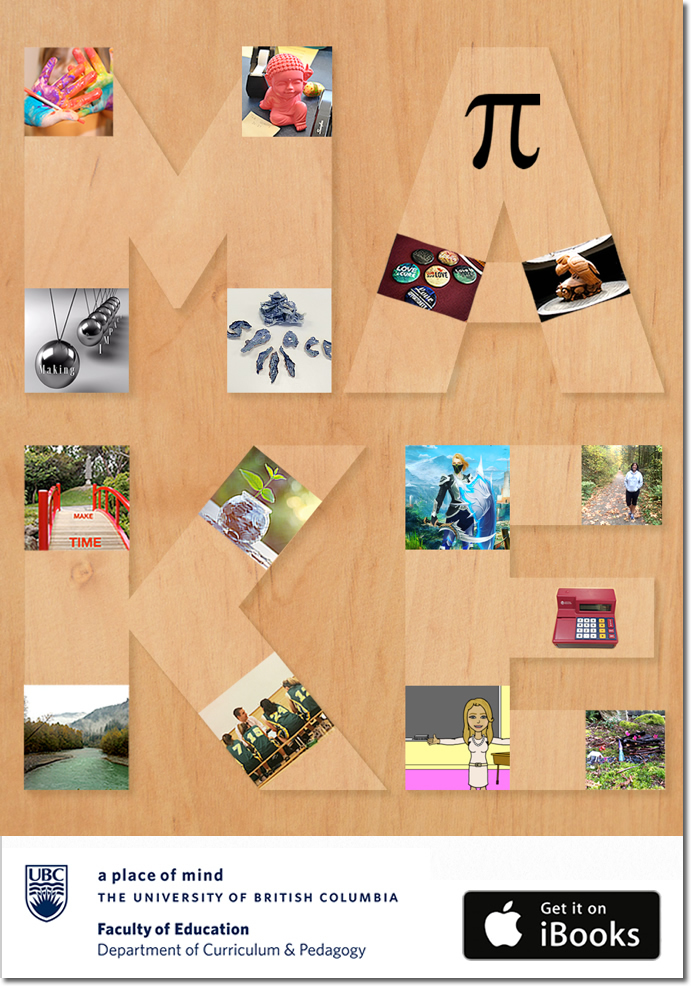The Final Oral Examination For the Degree of
Master of Arts
(Media & Technology Studies Education)
Vicente Regis
Tuesday September 13, 2022 @ 10:00
Scarfe 2108 + Zoom
Interpreting Experts’ Perspectives on Philosophizing Media And Technology for Children and Youth
EXAMINING COMMITTEE
Supervisory Committee:
Prof Stephen Petrina, Research Supervisor (Media & Technology Studies)
Prof Jillianne Code (Media & Technology Studies)
External Examiner:
Prof Paula MacDowell (University of Saskatchewan)
ABSTRACT
This research addressed the problem of children’s and youth’s philosophical perspectives on media and technology (M&T) through the exploratory expert interview method. Four experts in philosophy education, technology education, and media literacy were interviewed, offering their insights into how philosophical capacity in children and youth manifests and evolves. The study focused on three research questions: 1) What are experts’ perspectives on what it means for children and youth to philosophize M&T? 1a) What are experts’ perspectives on the relationship between this philosophical capacity and media and digital literacy? 1b) What are experts’ perspectives on how philosophizing M&T can be integrated into the school curriculum? Drawing from the writings of Dewey (1920, 1949), Deleuze and Guattari (1991/1994), Petrina (2020), Pigliucci (2014), de Vries (2016) and Weischedel (1999), the theoretical framework understands philosophizing as a creative activity based on argumentation, concept creation, and reflection. Committed to analyzing and critiquing any aspect of reality, philosophizing transpires through the exploration of conceptual space. Mitcham’s (1978, 1994) typology of technology structures the reflection regarding how students perceive M&T. One over-arching theme, and four core themes organize data analysis and findings: Philosophizing as Perspective Expansion encompass Emergent Questions, Metaphor, Critique, and Ethics. All three research questions are explored within the overarching and four core themes. These themes in philosophizing M&T are articulated in terms of how they represent deep transformations in children’s and youth’s perspectives in symbiosis with experience and intellectual growth, which I described as Philosophizing as Perspective Expansion. Expansion of perspective means increasing or transforming the interconnected compound of ideas one relies on to decide how to act facing a complex issue. This transformation occurs through the following elements: emergent questions, critique, and metaphorical reflections that include wonder, mythical interpretations, and metaphysical discussions. Hence, in conversation with the four experts, this research sought points that crystallize connections between knowledge fields central to the philosophy of M&T for children and youth.

 Follow
Follow

